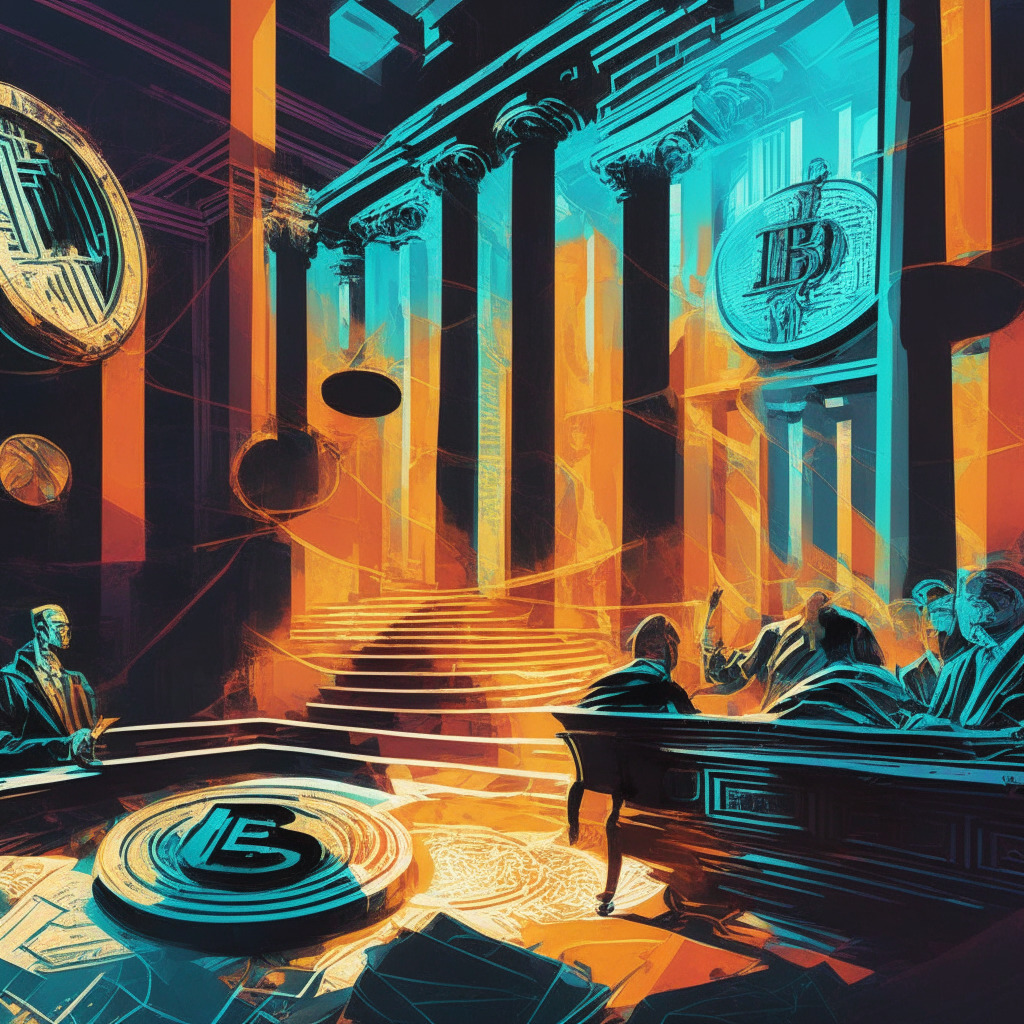A United States District Judge has recently referred a motion concerning the appointment of an independent examiner for the bankruptcy of the crypto exchange FTX to an appellate court. The U.S. Trustee in FTX’s case, Andrew Vara, filed the appeal following the bankruptcy court’s rejection of a motion in February to appoint an examiner overseeing the troubled exchange.
Bankruptcy laws do permit the appointment of an independent examiner when specific conditions are met, such as the case with FTX. However, the laws don’t explicitly require it. The question of whether the law mandates the appointment of an examiner in instances when a debtor’s debts surpass $5 million is still a matter of legal dispute.
Lawyers representing FTX debtors have argued against the appointment of an examiner in the bankruptcy case, stating that it would cost an estimated $100 million and provide no benefit to creditors. On the other hand, Vara, representing the interests of the U.S. Justice Department, and several U.S. lawmakers have called on the court to appoint an examiner to avoid potential conflicts of interest.
Bankruptcy Judge John Dorsey denied Vara’s motion in February, leading to Vara’s appeal in March. The issue will now likely go to the U.S. Court of Appeals for the Third Circuit.
FTX filed for Chapter 11 bankruptcy protection in November 2022, and the criminal case against former CEO Sam Bankman-Fried is still ongoing. Bankman-Fried’s trial is expected to begin in October, and he has been staying at his parents’ California home since his extradition from the Bahamas to the U.S. in December.
The FTX case raises important questions regarding the need for an independent examiner in bankruptcy situations involving cryptocurrency exchanges and the potential costs associated with such appointments. While some argue that an examiner is crucial in preventing conflicts of interest and ensuring transparency, others contend that it may be an unnecessary and expensive burden on the already financially struggling entities. As the FTX case moves on to the appellate court, the outcome may have substantial implications for similar cases in the future, particularly in the ever-evolving cryptocurrency industry.
Source: Cointelegraph




